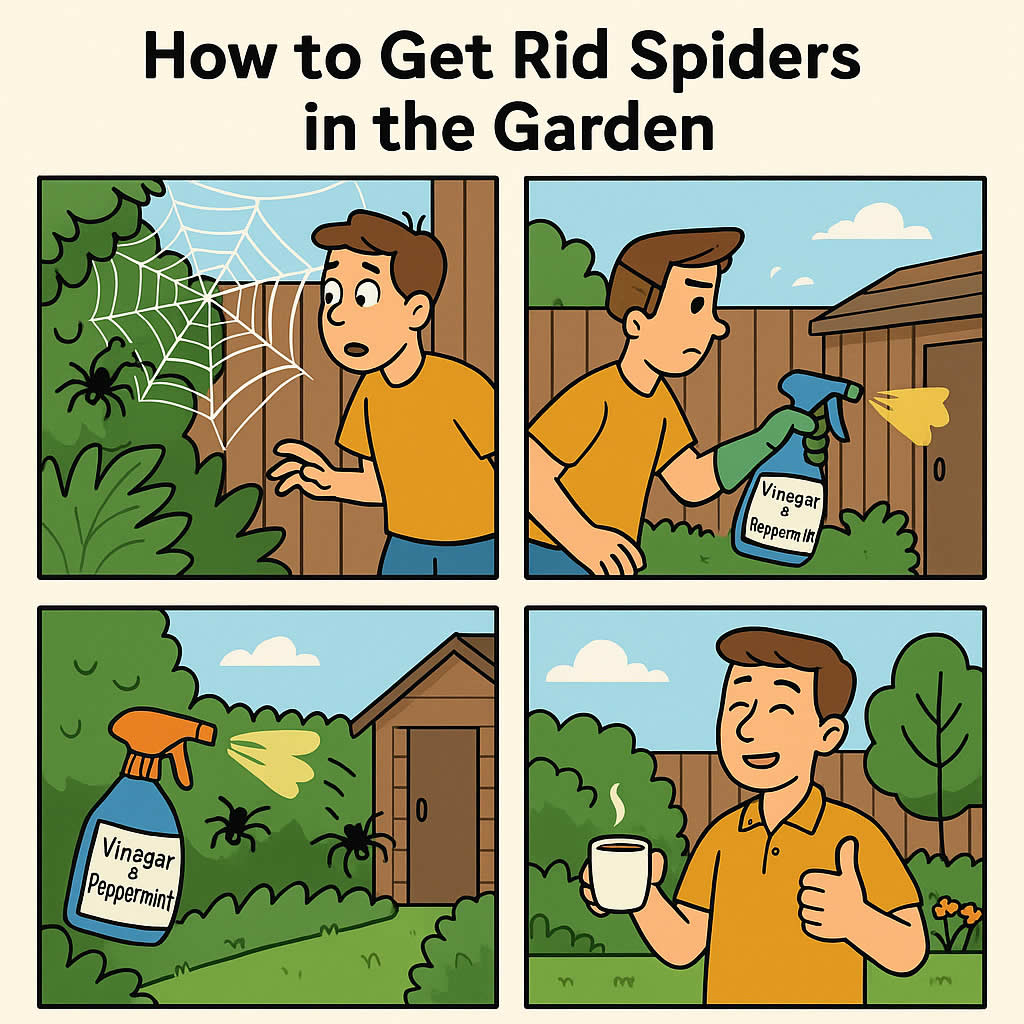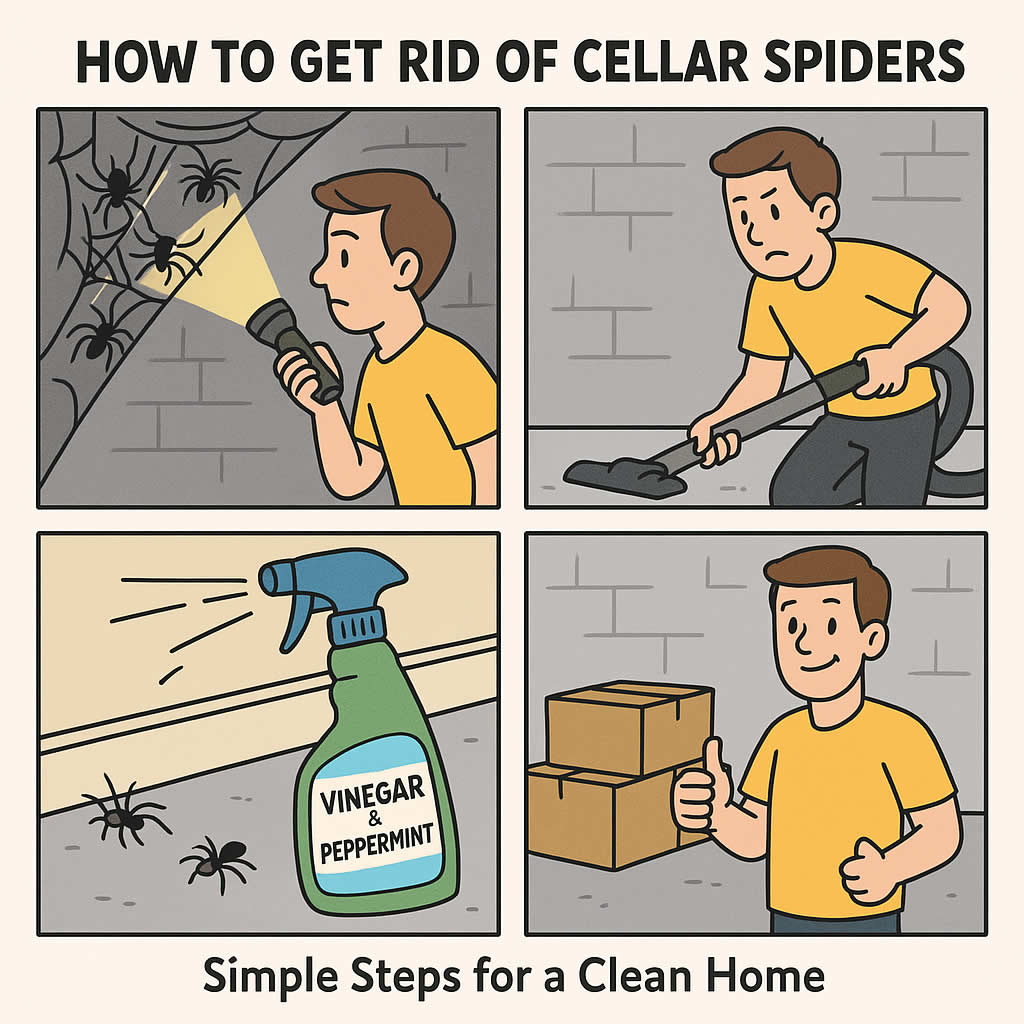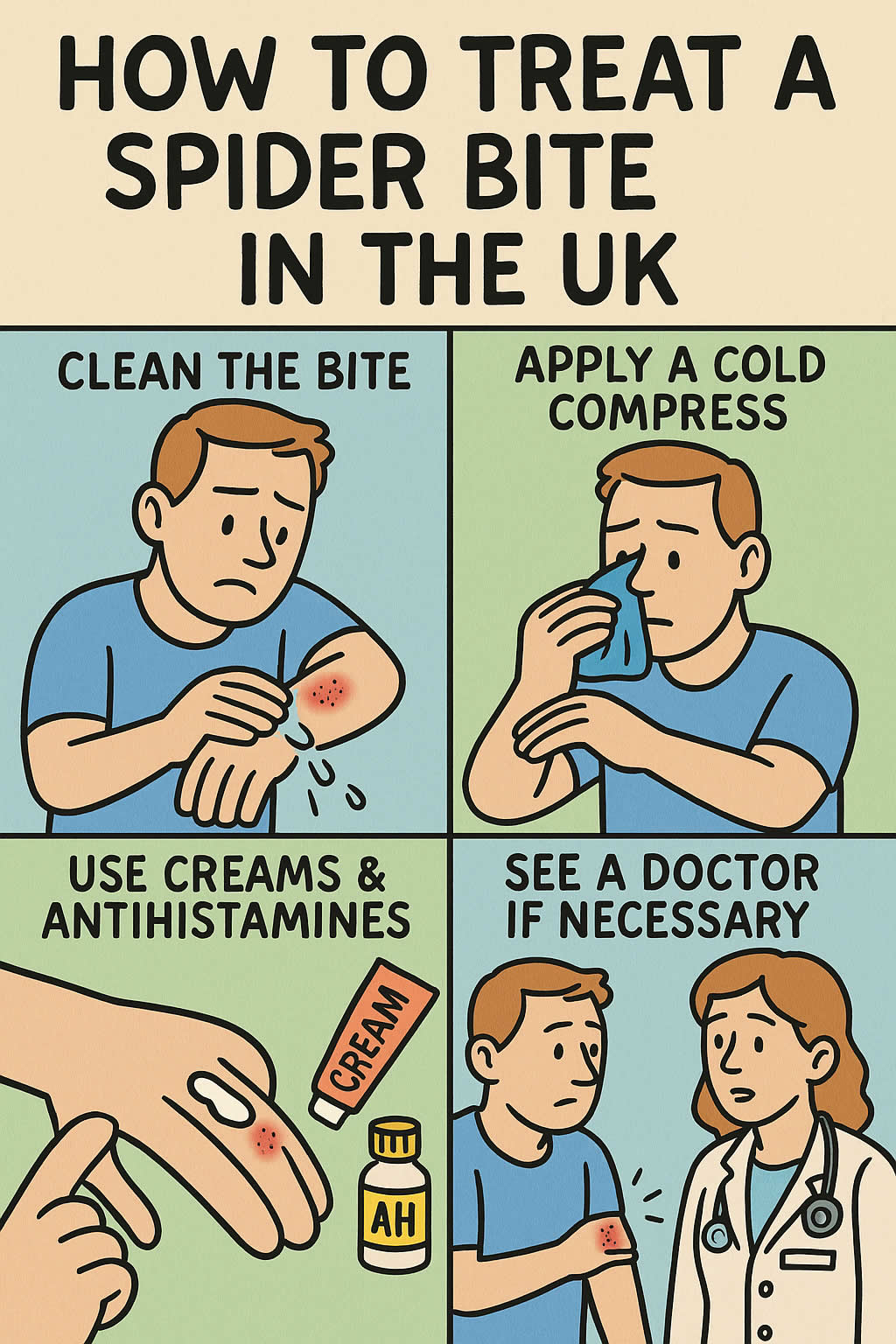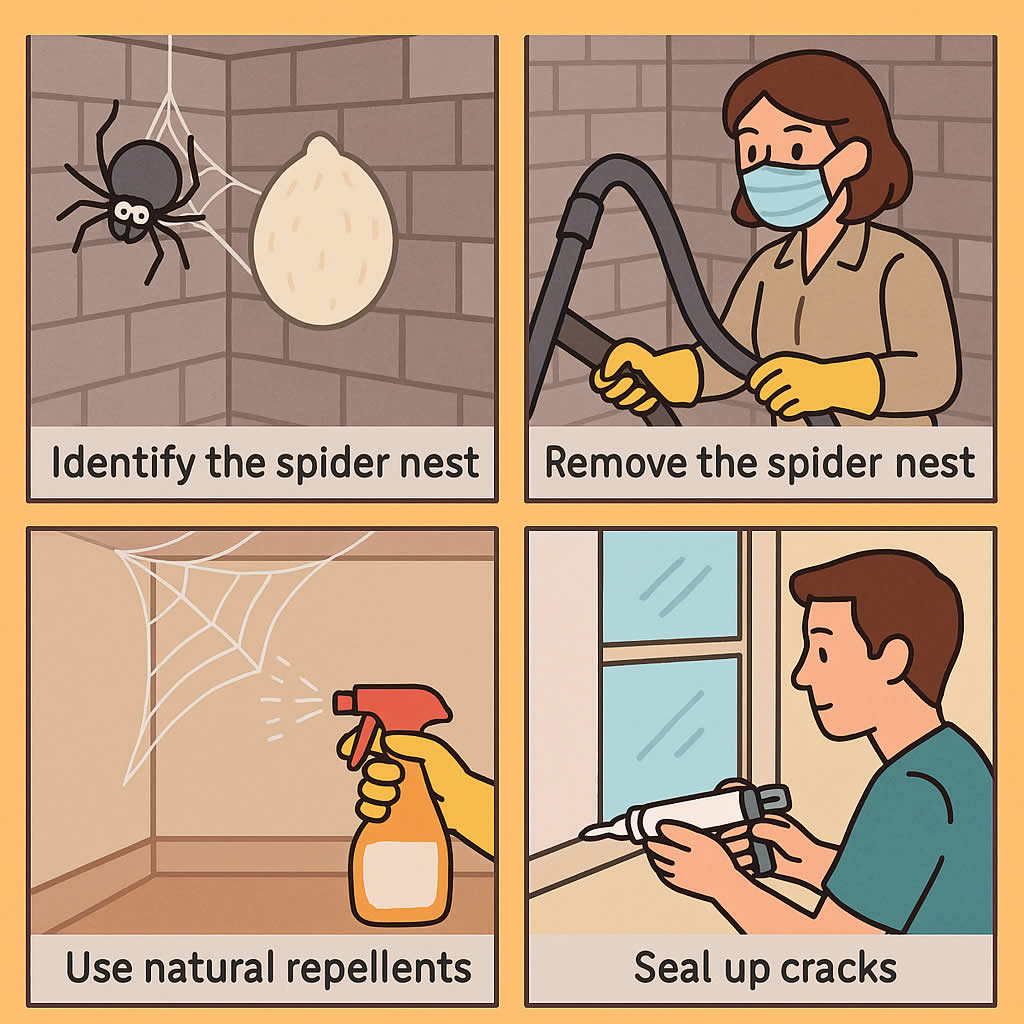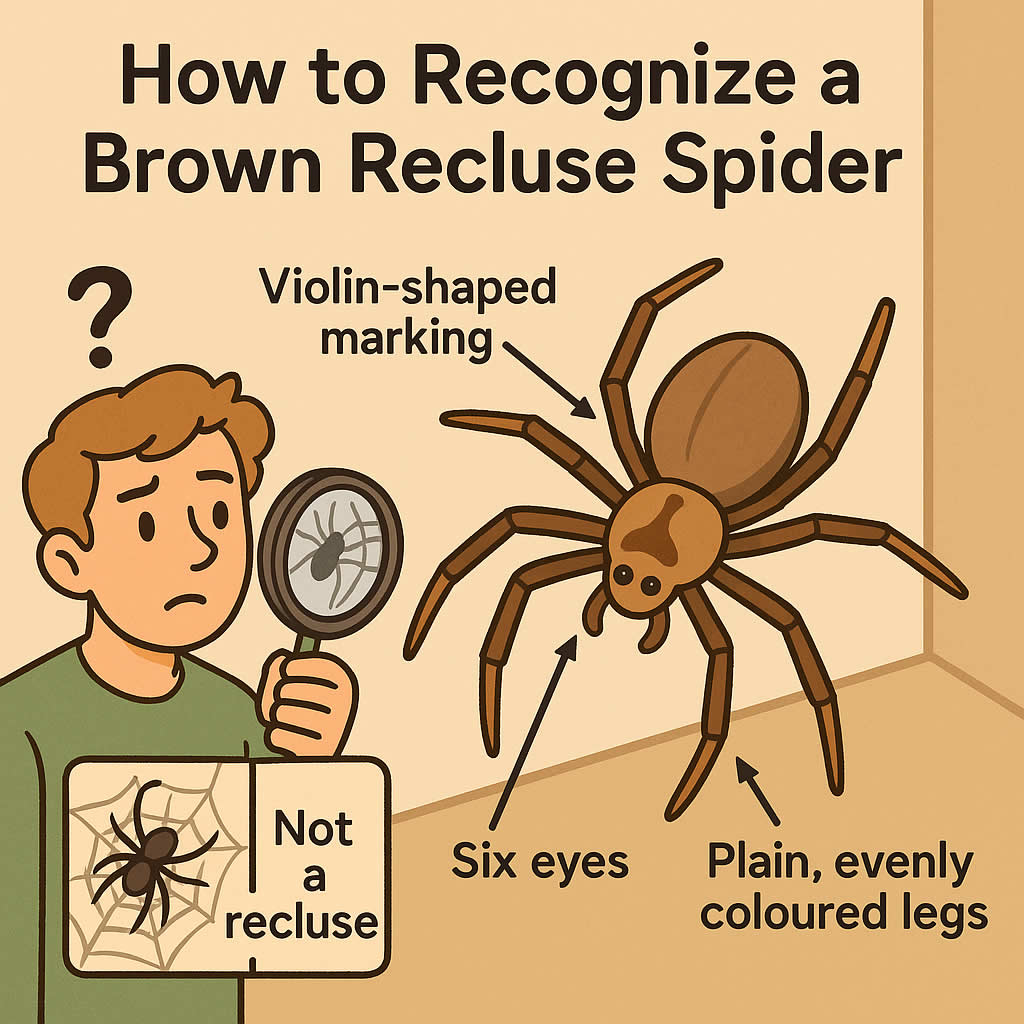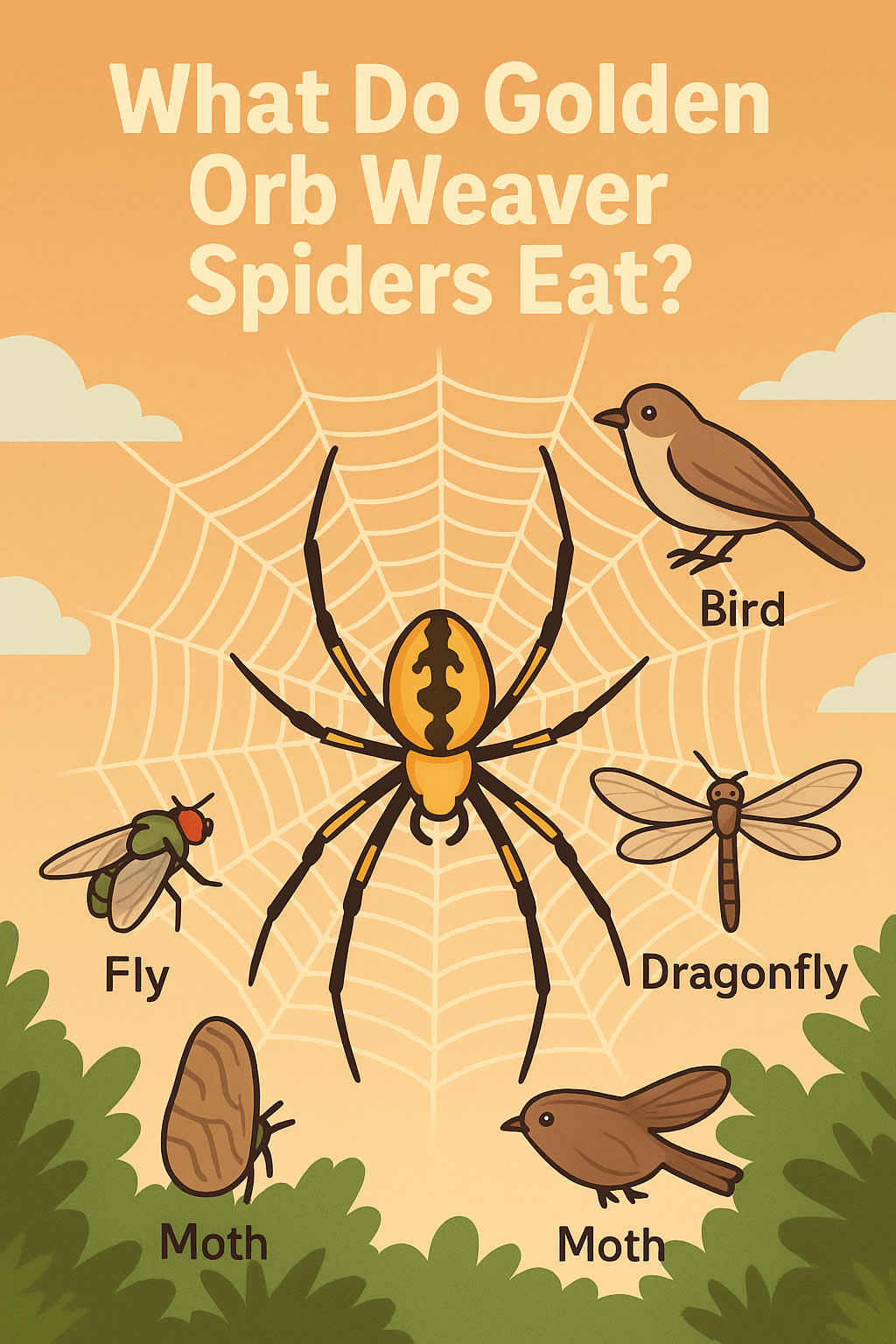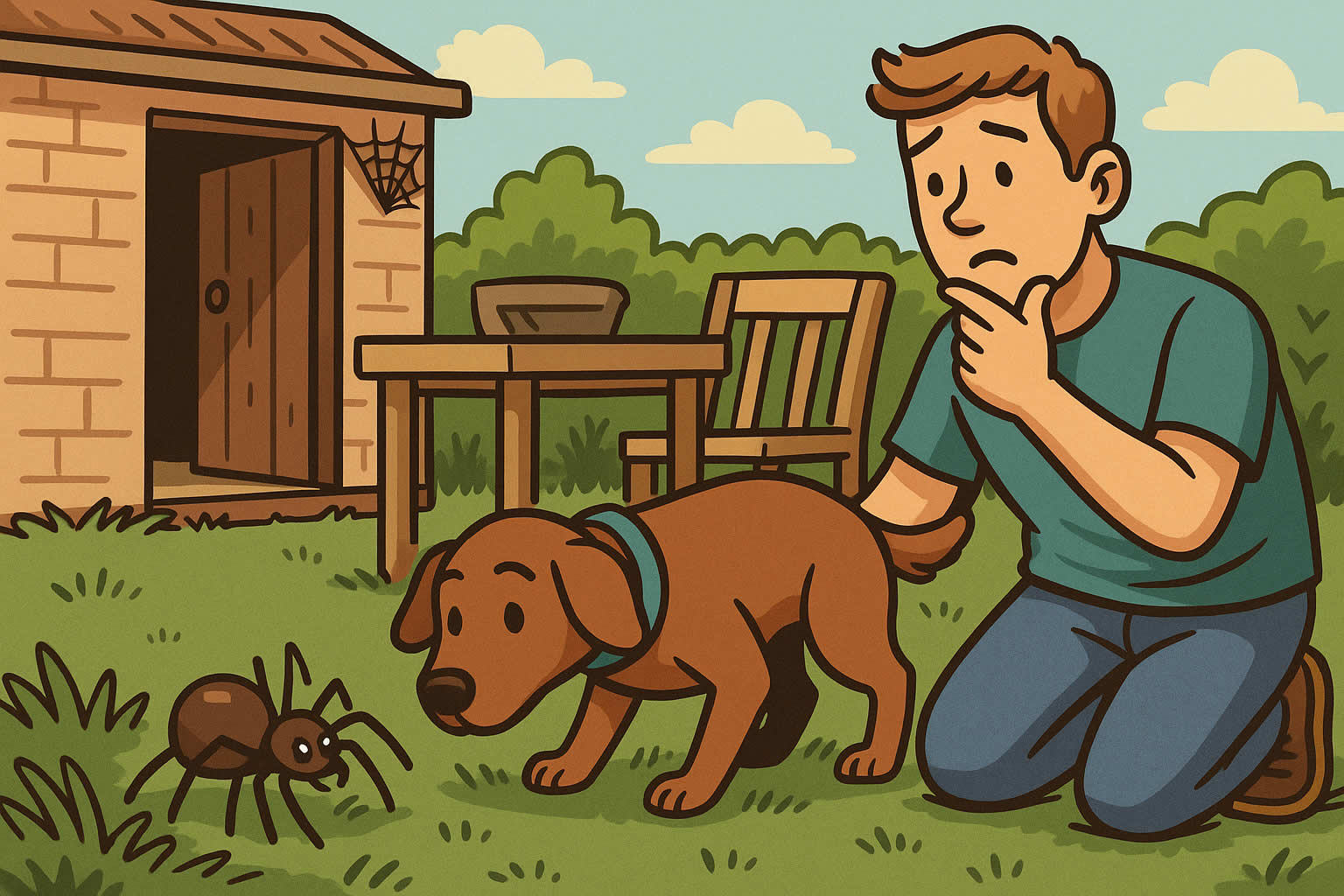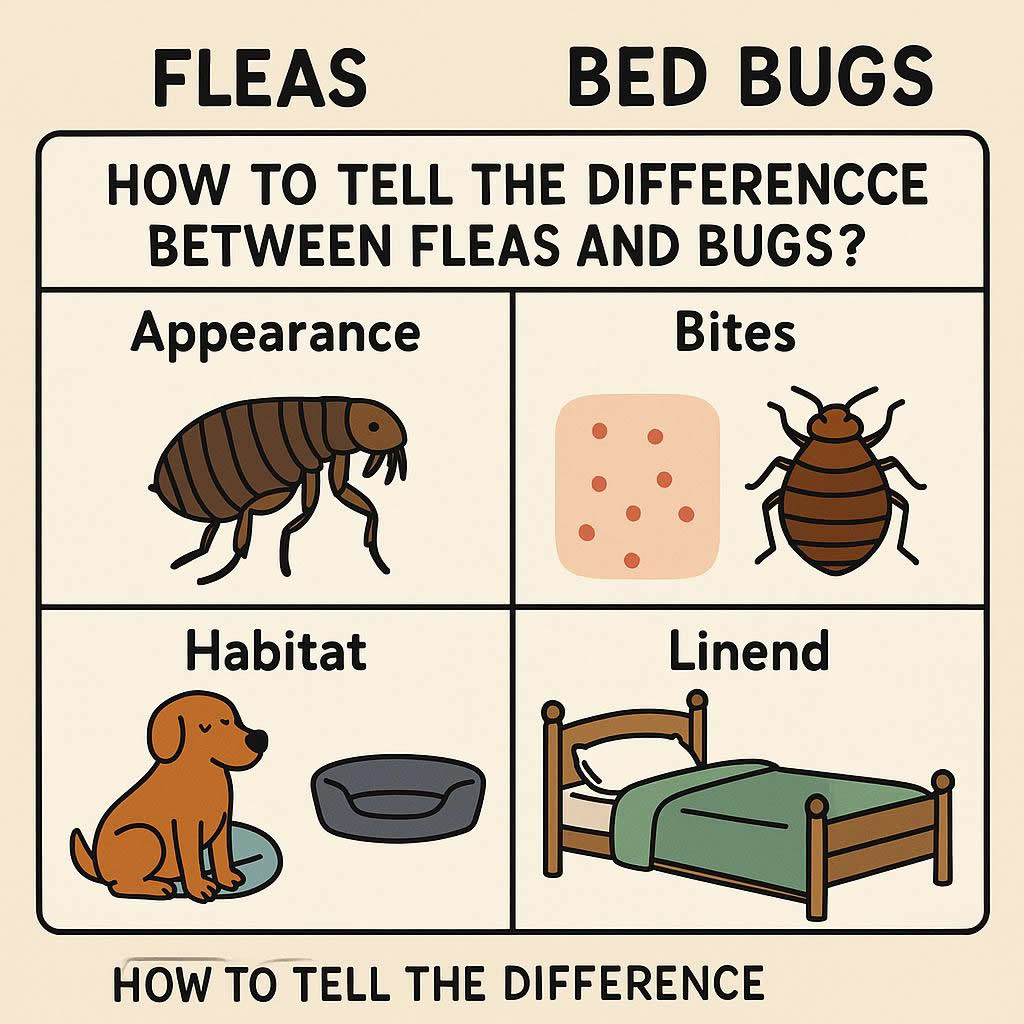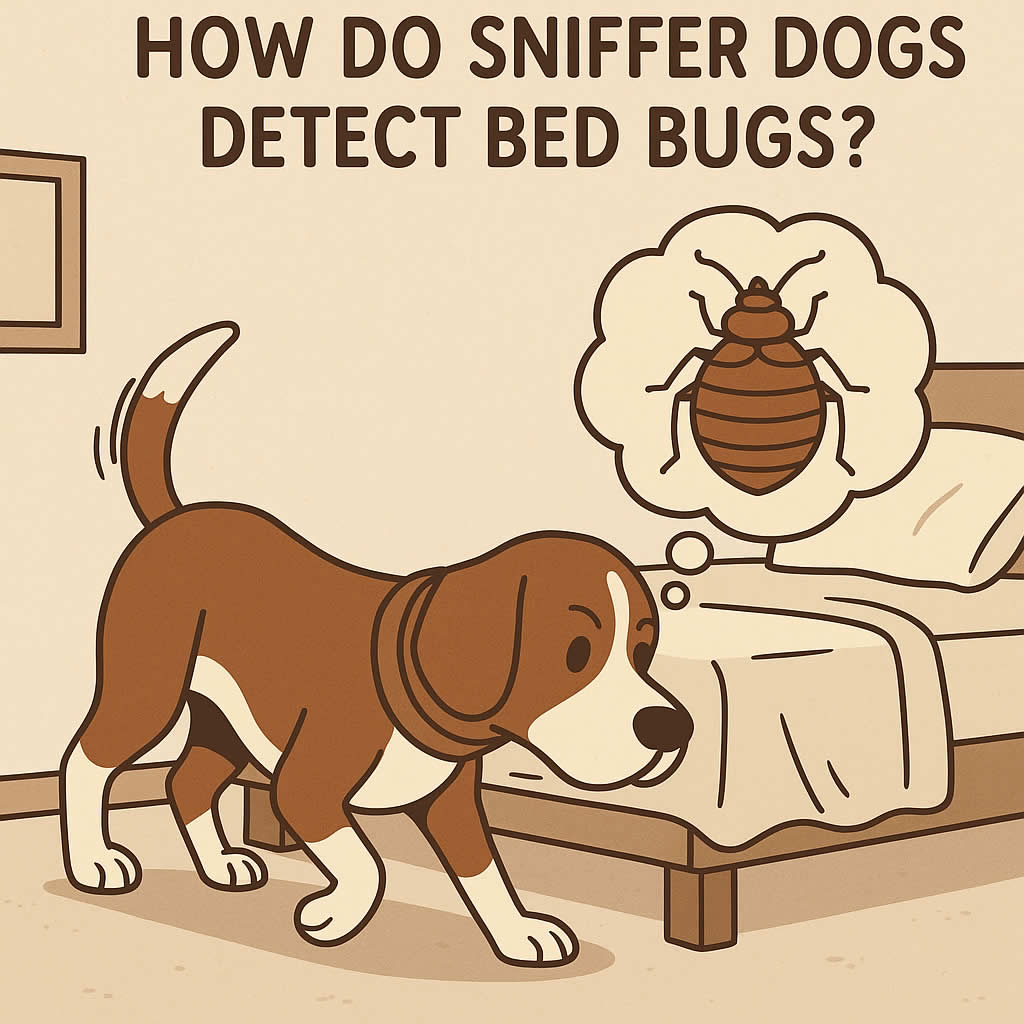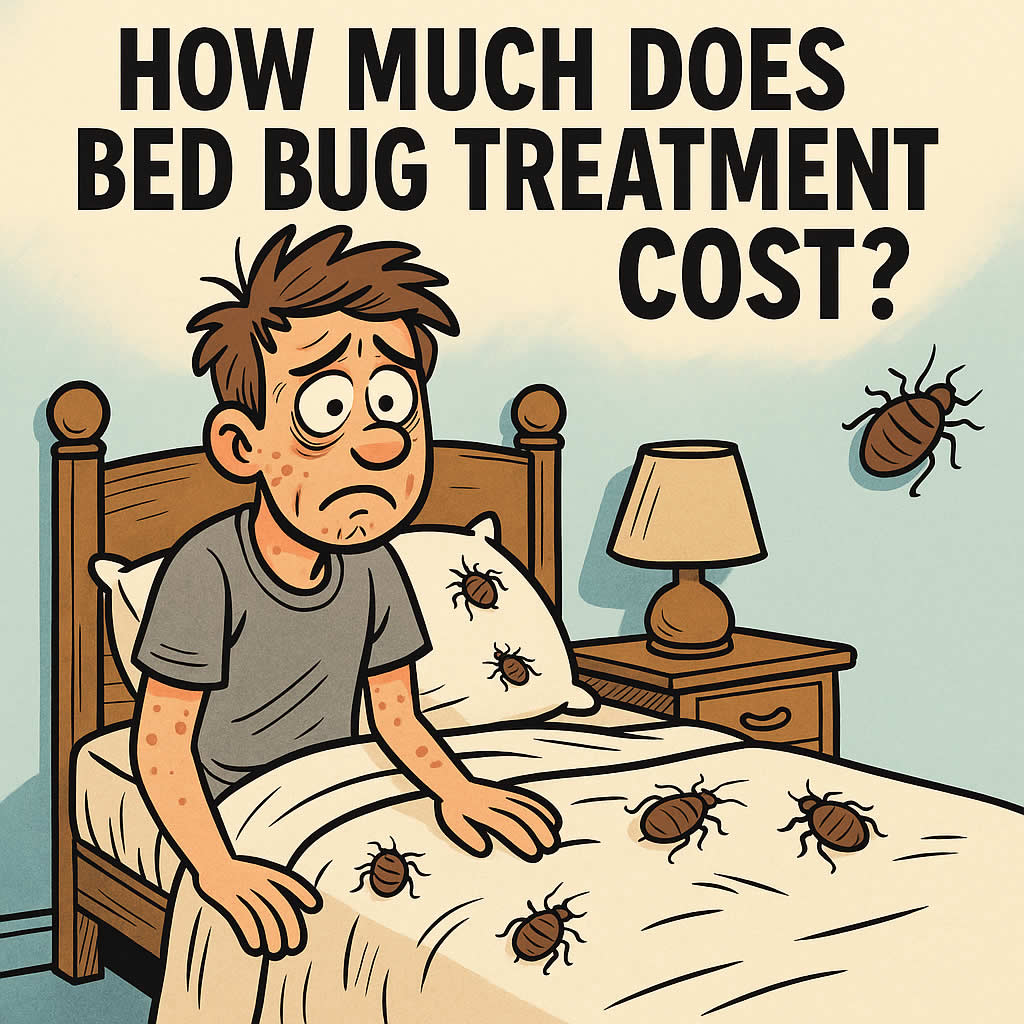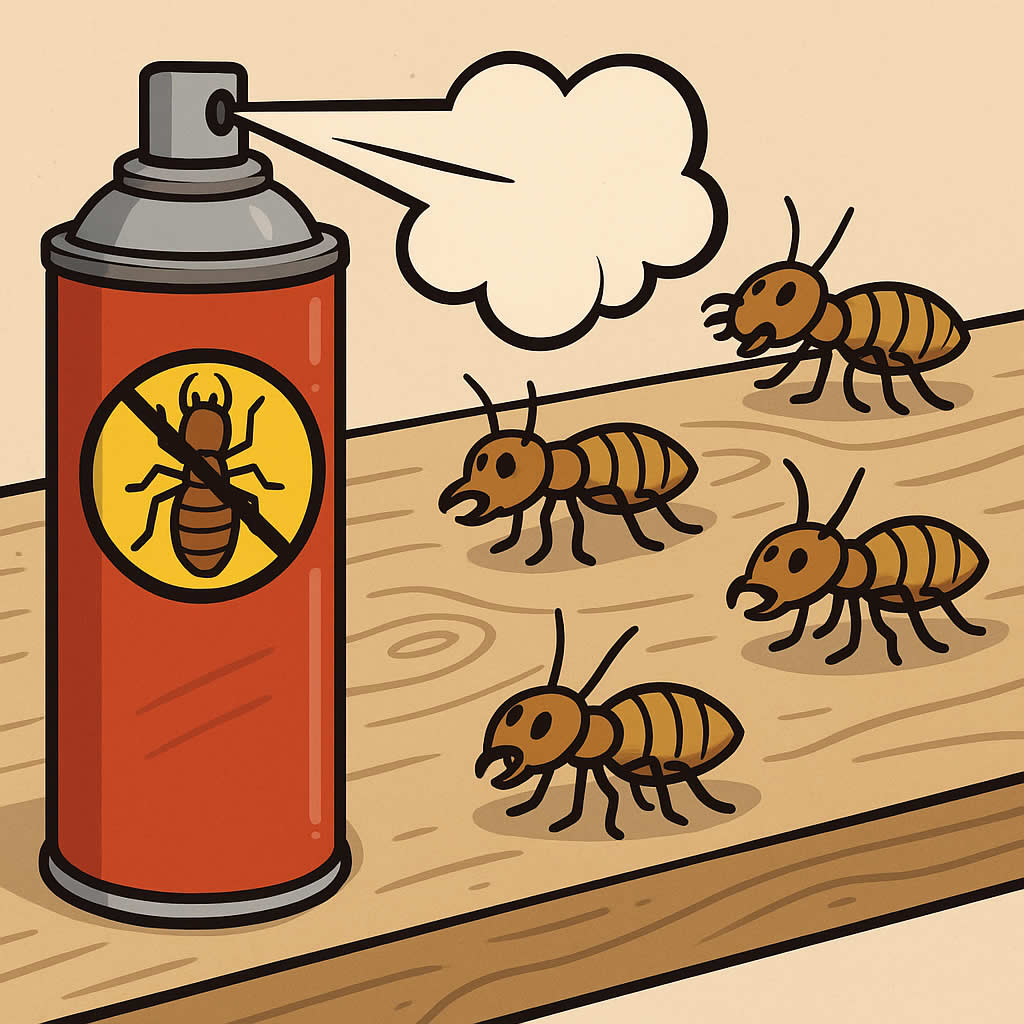Related Queries
ToggleIf you’ve spent time in your garden only to find cobwebs strung across your plants, or you’ve brushed against a shed door to discover a spider darting away, you’ll know how unsettling it can feel. Gardens naturally attract spiders because they’re full of insects, damp corners, and quiet hiding spots. While most spiders aren’t harmful, having too many of them can make your outdoor space less enjoyable.
The good news is you don’t need to put up with an overrun garden. There are simple, safe, and natural ways to manage spiders so you can enjoy your garden without worry. In this guide, we’ll look at the most common garden spiders in the UK, why they choose your space, how to remove them safely, and what you can do to stop them from coming back.
What types of spiders live in UK gardens?
Before tackling the problem, it helps to know which spiders you’re likely to see outside.
- Garden orb-weaver spiders: these are perhaps the most recognisable, with large round abdomens and the habit of spinning neat, circular webs. They’re often seen across shrubs, fences, or between plants.
- Wolf spiders: ground-dwelling hunters that don’t spin webs to catch prey. Instead, they run along soil and pathways looking for insects.
- Money spiders: tiny, delicate spiders often found among grass or bushes. Despite their numbers, they rarely cause issues.
- House spiders outdoors: sometimes larger house spiders will wander into sheds or stay near external walls, particularly in late summer and autumn.
Most of these species are harmless, and some even help by keeping down insect numbers. But if their presence feels overwhelming, it’s natural to want to reduce them.
Why do spiders thrive in gardens?
Gardens give spiders everything they need to survive. Food is the main attraction. Wherever there are flies, beetles, or moths, spiders won’t be far behind. Outdoor lighting, especially bright white bulbs, attracts insects at night, which in turn draws spiders to those areas.
Shelter is another reason. Spiders hide in:
- Thick hedges and shrubs
- Piles of wood or compost
- Clutter left around sheds and decking
- Corners of outdoor furniture
Moisture also plays a role. Damp soil, compost heaps, and shaded corners provide the ideal environment. If your garden has these features, spiders are likely to settle in.
Are garden spiders harmful?
The simple answer is no. Garden spiders in the UK aren’t dangerous to people or pets. They don’t actively seek out humans, and bites are extremely rare. The few species that can bite usually only do so when handled or trapped.
In fact, spiders play a role in natural pest control by eating flies, mosquitoes, and moths. Still, for many homeowners, the sight of webs covering plants or spiders crawling across sheds is enough to want them gone. It’s not about danger — it’s about comfort and being able to enjoy your garden without feeling uneasy.
Where do spiders usually hide in gardens?
If you’re trying to track down where spiders are coming from, focus on these common hiding spots:
- Sheds and garages, especially corners and ceilings
- Underneath decking or raised garden beds
- Along fences and garden walls
- In plant pots, especially those left unused
- Beneath outdoor tables and chairs
- Among piles of logs, leaves, or garden tools
By regularly checking these areas, you can remove spiders before they settle in long term.
How do you safely remove spiders from your garden?
Removing spiders doesn’t need to involve harsh chemicals or drastic measures. Here’s a safe step-by-step approach:
- Wear gloves: when moving logs, boxes, or furniture, protect your hands.
- Clear away webs: use a broom or soft brush to sweep webs from corners and surfaces.
- Vacuum or sweep sheds: regularly cleaning sheds and garages discourages spiders from nesting there.
- Catch and release: if you find a spider, trap it gently in a glass with card and release it away from the house.
- Tidy the garden: reduce clutter like piles of wood, stones, or unused pots that provide cover.
By combining cleaning with removal, you’ll quickly cut down on the number of spiders.
What natural methods repel spiders outdoors?
If you want to prevent spiders from returning, natural repellents can make your garden less attractive.
- Vinegar spray: mix half vinegar and half water, and spray it along shed walls, fences, and decking edges. Spiders dislike the smell, and it also helps break down silk.
- Peppermint oil: add 10 drops to a spray bottle of water and mist it around common hiding spots. Spiders avoid peppermint, and it leaves a fresh scent.
- Citrus: rubbing lemon peel on door frames or using citrus-scented cleaners in sheds can act as a deterrent.
- Herbs and plants: planting lavender, mint, or eucalyptus not only brightens your garden but also helps keep spiders at bay.
- Regular cleaning: dusting, sweeping, and moving garden items stops spiders from building up nests.
These methods are safe for pets, children, and plants, making them a great first choice.
Should you use chemical sprays in gardens?
Chemical sprays can kill spiders quickly, but they’re not always the best solution. Outdoors, sprays may also harm pollinators like bees and butterflies, as well as beneficial insects that support your garden’s ecosystem. They can also be unsafe for pets and children if misused.
If you do choose a spray, use it only in problem areas like sheds or storage boxes. For most gardens, natural repellents and consistent cleaning are safer and more sustainable.
How do you prevent spiders from nesting in your garden?
Prevention makes the biggest difference. Once spiders are gone, keeping your garden less inviting is the real solution.
- Trim hedges and shrubs: reducing dense growth limits hiding spaces.
- Cover compost and wood piles: open piles attract insects, which then attract spiders.
- Store items properly: keep tools and pots tidy in sealed containers.
- Seal sheds: check for gaps around windows or under doors and block them with sealant or draught excluders.
- Switch outdoor lights: use yellow-toned bulbs instead of bright white to reduce insect attraction.
- Keep areas dry: use gravel or slabs under sheds to reduce damp.
By staying on top of these steps, you’ll notice far fewer webs and fewer spiders settling in.
When should you call a pest control service?
Most spider problems in gardens can be managed with natural methods and regular cleaning. But if you find large numbers of spiders across sheds, decking, and fences, or if webs keep coming back despite your efforts, professional pest control may be worth considering.
They’ll inspect your garden, identify where spiders are breeding, and use targeted treatments to reduce the problem. It’s not usually necessary, but it’s an option if the issue feels overwhelming.
Frequently asked questions
Do garden spiders bite?
Bites are extremely rare. Most garden spiders aren’t strong enough to pierce human skin.
Are garden spiders good for pest control?
Yes. They eat insects like flies and mosquitoes, which can actually benefit your garden.
How many spiders live in one nest?
Spider egg sacs can contain dozens to hundreds of spiderlings, which is why removing nests is important.
Can I get rid of spiders permanently?
No garden will ever be completely spider-free, but you can significantly reduce numbers by keeping it tidy and using repellents.
Our Final Say!
Spiders are a natural part of gardens, but that doesn’t mean you have to live with an overwhelming number of them. By learning why they settle in, removing them safely, and using natural repellents, you can take back control of your garden. Prevention — through tidiness, sealing sheds, and reducing clutter — is the best way to stop them from coming back.
The goal isn’t to eliminate every spider, but to create a balance where your garden feels comfortable and inviting. With steady habits and a little effort, you can enjoy your outdoor space without webs in every corner or spiders nesting where you least want them.
Pest Control Turvey – Pest Control Isle Of Wight – Pest Control Houghton Conquest
